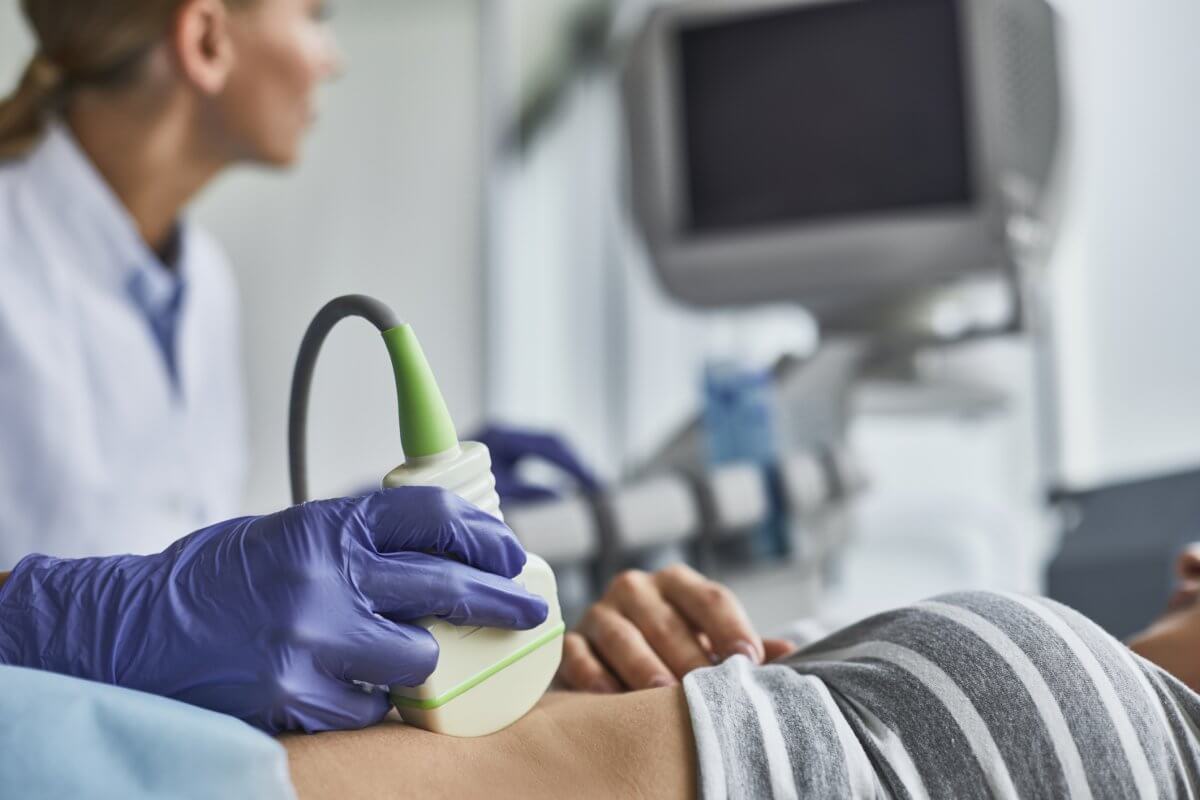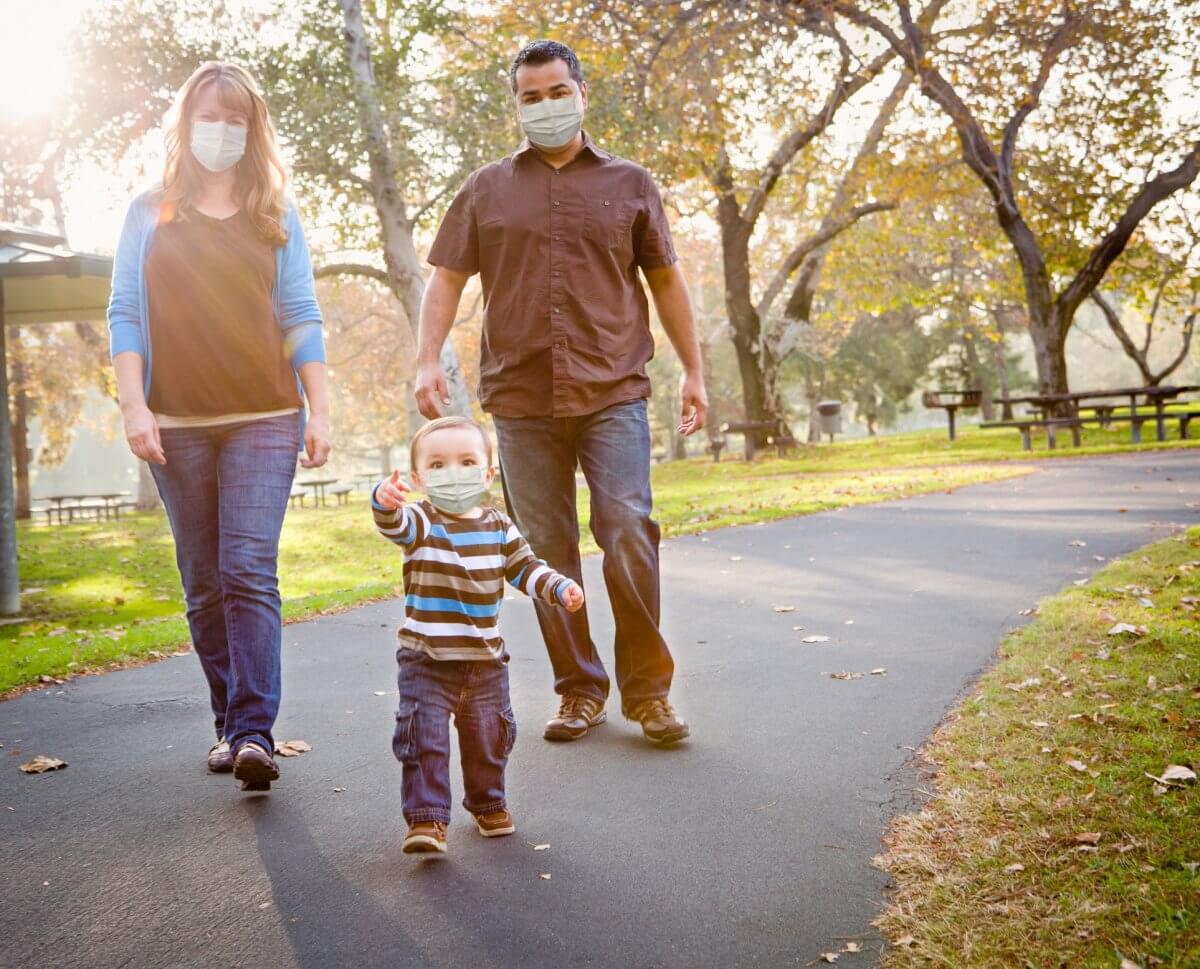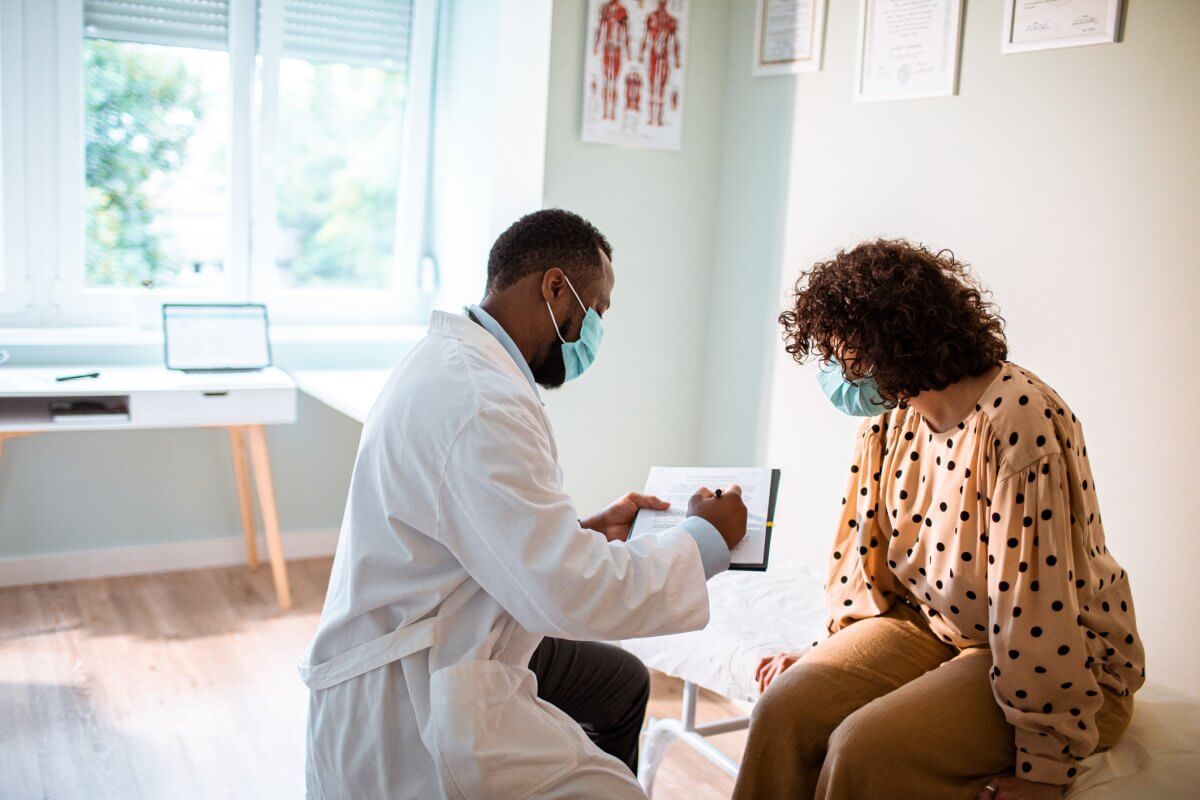The surrogacy process is a unique experience in many ways. One example of this is making important medical decisions as a team. Working together, the surrogate and intended parents choose which doctors to see, the type of prenatal care to receive and, of course, the hospital for labor and delivery.
Finding the right hospital for labor and delivery can make this important and climatic step of the surrogacy process better for everyone. Your hospital should make you feel safe and have all of the available resources you could possibly need. Proximity to the surrogate’s home could be a big factor, as could other common concerns about hospitals.
Learn more about the decisions you’ll make as an intended parent from other intended parents on our Instagram.
If you’re preparing to begin the surrogacy process, this guide will give you the step-by-step process and information you need to make this important decision.
How to Choose a Hospital for Delivery
Choosing a hospital for delivery in the surrogacy process will follow a few steps:
Step 1: Start a Conversation
Choosing a hospital for delivery in surrogacy is a collaborative process. Coordinating with your surrogate and your agency, start talking about what you’re looking for in a hospital. Set your standards and make any non-negotiable items clear.
Step 2: Research Options
Now that you’re on the same page with your surrogate and agency, you can begin searching for hospitals that meet the criteria discussed in step one. Put a list together, starting with online research, and then talk over the list with your surrogate and agency.
Once you have it narrowed down to a few locations, schedule time for consultations with those hospitals to get a personal feel for the staff and ask specific questions. In some cases, the intended parents or surrogate (or both) may be able to take a tour of the maternity ward before making a choice.
Step 3: Choose Your Hospital
Once everyone has reached an agreement about the best location for labor and delivery, you can choose that hospital and move forward with the process.
Seems simple, right? While there may not be that many steps involved in choosing a hospital for surrogacy, the tricky part of this process is working collaboratively on an important and personal medical decision.
Working with Your Partner
Surrogates and intended parents are partners in this life-changing journey. Each has distinct desires and needs. For the best outcome, everyone involved should respect the desires and needs of everyone else involved.
Choosing a hospital is the type of thing that can become contentious if one person tries to take over. But, it doesn’t have to be that way. For the best hospital choice that makes everyone feel safe, supported and encouraged, make sure to do the following:
Listen First
Approach the conversation with the goal of understanding what the other person wants. Of course, you will always need to be clear about what you are looking for in a hospital for labor and delivery, too.
If both the surrogate and intended parents approach the conversation with this posture — eager to listen and also prepared to clearly state their needs — then you’ll be well on your way to making a good decision.
Remember the Goal
It can be common, in the midst of a close game, for a team’s two star players to get into a heated disagreement. This doesn’t happen because one wants her team to win and the other wants the opponent to win. They both want what is best for their team. The disagreement comes from passion, but the goal is the same.
This is how it is with surrogacy. When you’re in the middle of a conversation where you want different things, it can be easy to assume you are fighting for different outcomes — essentially playing for different teams. If you can’t come to an agreement, stop and remind yourself that everyone is playing for the same team and trying to reach the same goal. You all want what is best for the process.
This simple reminder — we’re all working toward the same goal — can help ease tension and resolve disagreement.
Turn to the Experts
Having a hard time with this choice? Your surrogacy specialist can help. Remember, you aren’t in this process alone. Your specialist has helped many other intended parents and surrogates make choices like this.
If you’re stuck between two hospitals or you can’t agree on what’s most important while making your choice, bring your specialist into the conversation. Their professional guidance can bring clarity to your choice.
Things to Consider in Prospective Hospitals
Now that we’ve covered the steps to choosing a hospital and the conversation tools needed to make this decision as a team, let’s take a look at the important practical considerations you’ll need to keep in mind when evaluating locations for labor and delivery.
Insurance
The intended parents cover the costs associated with the medical process of surrogacy, including the hospital stay for labor and delivery. You will want to make sure, as the intended parent, that your insurance offers assistance in cost coverage for any of the hospitals that you’re considering.
Capabilities of the NICU
You never want to believe that your child will spend extra time in the NICU, but it’s always a possibility. If there are complications around the birth, does the hospital have the staff and resources in the NICU to provide adequate care?
Location of the Hospital
Ideally, the hospital will be a short drive from the surrogate’s home. This may not be possible in some situations. In cases like this, you will want to come up with a travel plan so that the surrogate is able to get to the hospital as quickly as possible.
Comfort Level
Does the maternity ward and birthing suite make you feel comfortable and safe? An environment that increases comfort and decreases anxiety can lead to a better birthing experience. This is why it can be a good idea for the surrogate to request an in-person tour of a location before making a final choice.
Speak with a Surrogacy Specialist
There’s a lot to consider when it comes to choosing a hospital for surrogacy. Sometimes, it can be helpful to speak with a surrogacy professional if you have more specific questions about your own decision-making process.
You can contact us online or call 1-800-875-BABY (875-2229) at any time to speak with a specialist. This free consultation can provide the answers you are looking for about surrogacy and, if you’re ready, we’ll always be happy to help you get started with your own journey.






